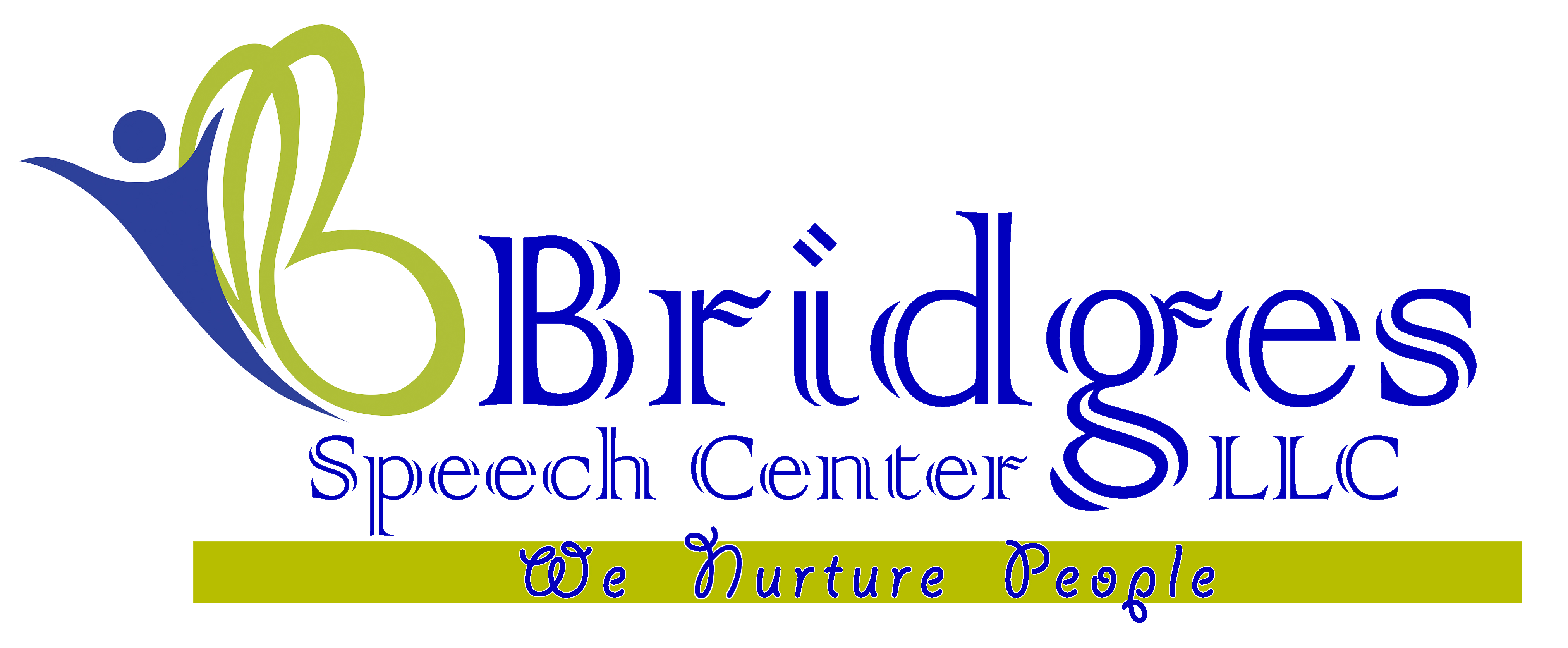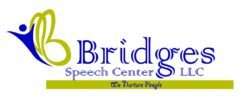- About Us
- Our Services
- Speech Therapy
- Speech and Language Therapies for Adults in Dubai
- Speech and Language Therapies for Children in Dubai
- Accent therapy
- Augmentative Alternative Communication (AAC) Therapy
- Articulation Speech Therapy
- Auditory Processing therapy/ Auditory verbal therapy
- Language Intervention: Speech Delay therapy
- Oral Motor Therapy
- Play Based therapy
- PROMPT/DTTC/RePT for Childhood Apraxia of Speech
- Social communication/Pragmatic language therapy
- Stuttering / Stammering therapy Program
- Spellography Program for Dyslexia
- Voice Therapy
- Feeding Therapy
- Occupational Therapy
- Sensory Integration
- Clinical Psychology & Psychotherapy
- Cognitive Behavioral Therapy(CBT)
- ABA /Behavior Therapy
- Bridge Learning Program
- Group therapy
- Summer/Winter Program
- Telehealth Services
- Training Program/CEU
- Internship/ Observership
- Speech Therapy
- Super Team
- Collaboration
- Training Course
- News/Blogs
- About Us
- Our Services
- Speech Therapy
- Speech and Language Therapies for Adults in Dubai
- Speech and Language Therapies for Children in Dubai
- Accent therapy
- Augmentative Alternative Communication (AAC) Therapy
- Articulation Speech Therapy
- Auditory Processing therapy/ Auditory verbal therapy
- Language Intervention: Speech Delay therapy
- Oral Motor Therapy
- Play Based therapy
- PROMPT/DTTC/RePT for Childhood Apraxia of Speech
- Social communication/Pragmatic language therapy
- Stuttering / Stammering therapy Program
- Spellography Program for Dyslexia
- Voice Therapy
- Feeding Therapy
- Occupational Therapy
- Sensory Integration
- Clinical Psychology & Psychotherapy
- Cognitive Behavioral Therapy(CBT)
- ABA /Behavior Therapy
- Bridge Learning Program
- Group therapy
- Summer/Winter Program
- Telehealth Services
- Training Program/CEU
- Internship/ Observership
- Speech Therapy
- Super Team
- Collaboration
- Training Course
- News/Blogs
Dysarthria Therapy Treatment in Dubai
- Home
- Our Services
- Dysarthria Therapy
Dysarthria therapy
Dysarthria therapy is a specialized approach designed to help individuals with dysarthria improve their speech intelligibility and communication abilities. Dysarthria is a motor speech disorder that results from neurological damage or impairment affecting the muscles responsible for speech production, such as the lips, tongue, vocal cords, and diaphragm. It can be caused by stroke, brain injury, Parkinson’s disease, or other neurological disorders. Dysarthria therapy addresses underlying muscle control issues and help individuals communicate more effectively. Here’s a detailed look at dysarthria therapy:
- Assessment: Dysarthria therapy begins with a comprehensive assessment conducted by a speech-language pathologist (SLP). This assessment evaluates the specific characteristics of the individual’s dysarthria, such as speech rate, voice quality, articulation, and breath control.
- Individualized Treatment: Therapy is tailored to the type and severity of dysarthria and the individual’s communication goals and needs.
- Muscle Strengthening and Coordination: Dysarthria often involves muscle weakness, reduced coordination, and impaired motor control. Therapy includes exercises and techniques to strengthen relevant muscles and improve their coordination.
- Respiration: Breathing control is crucial for effective speech. Dysarthria therapy may include exercises to improve breath support, control, and coordination.
- Articulation and Phonation: Therapy targets articulation exercises to improve the precision and clarity of speech sounds. Techniques to address voice quality and pitch control might also be included.
- Prosody: Dysarthria can affect the rhythm, intonation, and stress patterns of speech. Therapy helps individuals work on improving prosody to enhance speech naturalness and expressiveness.
- Oral Motor Exercises: Specific exercises may be prescribed to improve the strength and coordination of oral muscles involved in speech production.
- Speech Rate Control: Therapy may focus on regulating speech rate, helping individuals speak at a pace that allows for better articulation and intelligibility.
- Augmentative and Alternative Communication (AAC): For severe cases, where speech is severely compromised, AAC methods such as communication devices, symbols, and gestures may be incorporated to enhance communication.
- Visual and Auditory Feedback: Therapy often involves providing visual and auditory feedback to help individuals monitor and adjust their speech production.
- Functional Communication: Dysarthria therapy emphasizes functional communication, helping individuals develop strategies to convey their messages effectively in real-life situations.
- Progress Monitoring: Regular assessment and progress tracking help adjust therapy goals and techniques as the individual’s speech abilities improve.
- Home Practice: Consistent practice between therapy sessions is essential for maximizing progress. Individuals are often provided with exercises and techniques to practice at home.
- Emotional and Psychological Support: Dysarthria therapy recognizes the emotional impact of communication difficulties and provides a supportive environment to address frustration, self-esteem, and psychological well-being.
Dysarthria therapy is a collaborative effort involving the individual, their SLP, and sometimes other healthcare professionals. The goal is to help individuals regain their ability to communicate confidently, be understood by others, and engage in social, vocational, and personal interactions. By addressing the underlying motor control issues, dysarthria therapy enables individuals to improve their speech clarity and regain a sense of autonomy and participation in their daily lives.
Make Appointment
Testimonials
What Parents Say
Send us an email if you wish to talk to any of them. For more reviews, please go to Google reviews.

My experience with bridges speech centre has been great. My child is attending OT in the center and we are happy and proud with the progress Mrs. Richa has made. The therapists are very supportive and knowledgable in selecting techniques to suit with our child's requirements . Their monthly review and evaluation is remarkable. I highly recommend bridges speech centre to anyone looking for an affordable and professional therapy for their child....

We were asked to consult a speech therapist for my son. As parents we were quite skeptical about this whole process. However, once my son started attending Dr Rupali’s sessions we noticed a drastic improvement in his speech. He used to speak only a few words but within the 1st four sessions he started speaking up-to 5 words sentences. I also learnt to manage my child’s emotions better with Dr Rupali’s guidance. She is very cooperative and patiently answer all questions.

We took our 21 month old daughter to Bridges speech center following her cleft palate surgery as she needed Speech therapy. Ms.Rupali was recommended to us by both our Pediatrician and ENT specialist. The staff at Bridges are qualified, warm and friendly. My daughter loved to attend the speech therapy sessions. Through various techniques and simulations provided during these sessions, I can see considerable improvement in my daughter's speech. Lastly I would say, no child is same, as parents we need to be patient and trust the process.

Rupali was excellent. In just couple of sessions she helped my child overcome difficulty in pronouncing ch and sh sound. Thanks very much.Highly recommend for children who will need assistance in speech therapy.
Blog & Article
Our Latest Blog & Articles
Are you feeling depressed or anxious?
Are you feeling depressed or anxious? abdulrehman August 16, 2023 Uncategorized Are you...
Sensory Integration
Sensory Integration abdulrehman August 11, 2023 Uncategorized Sensory Integration Sensory integration is a...



